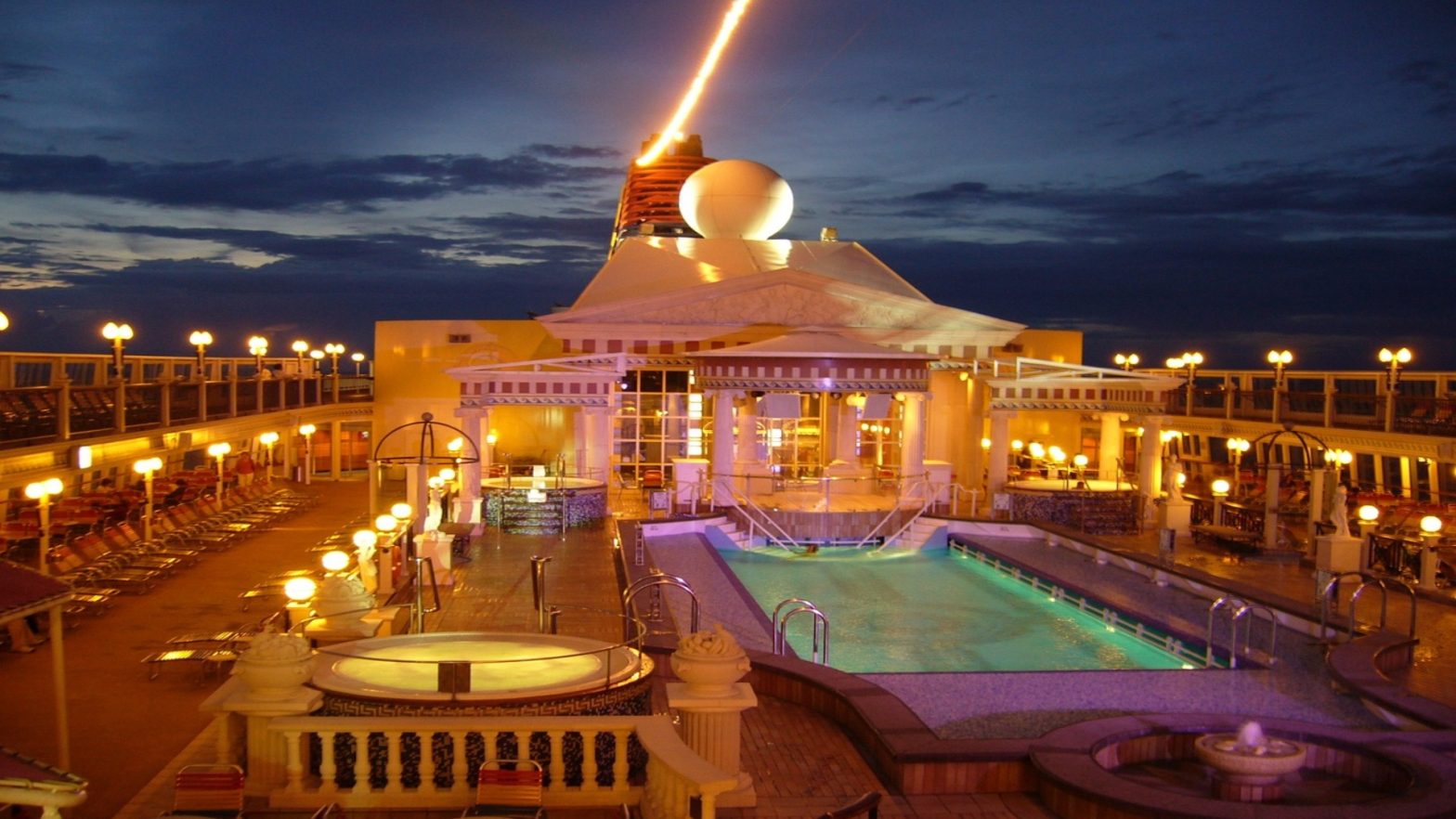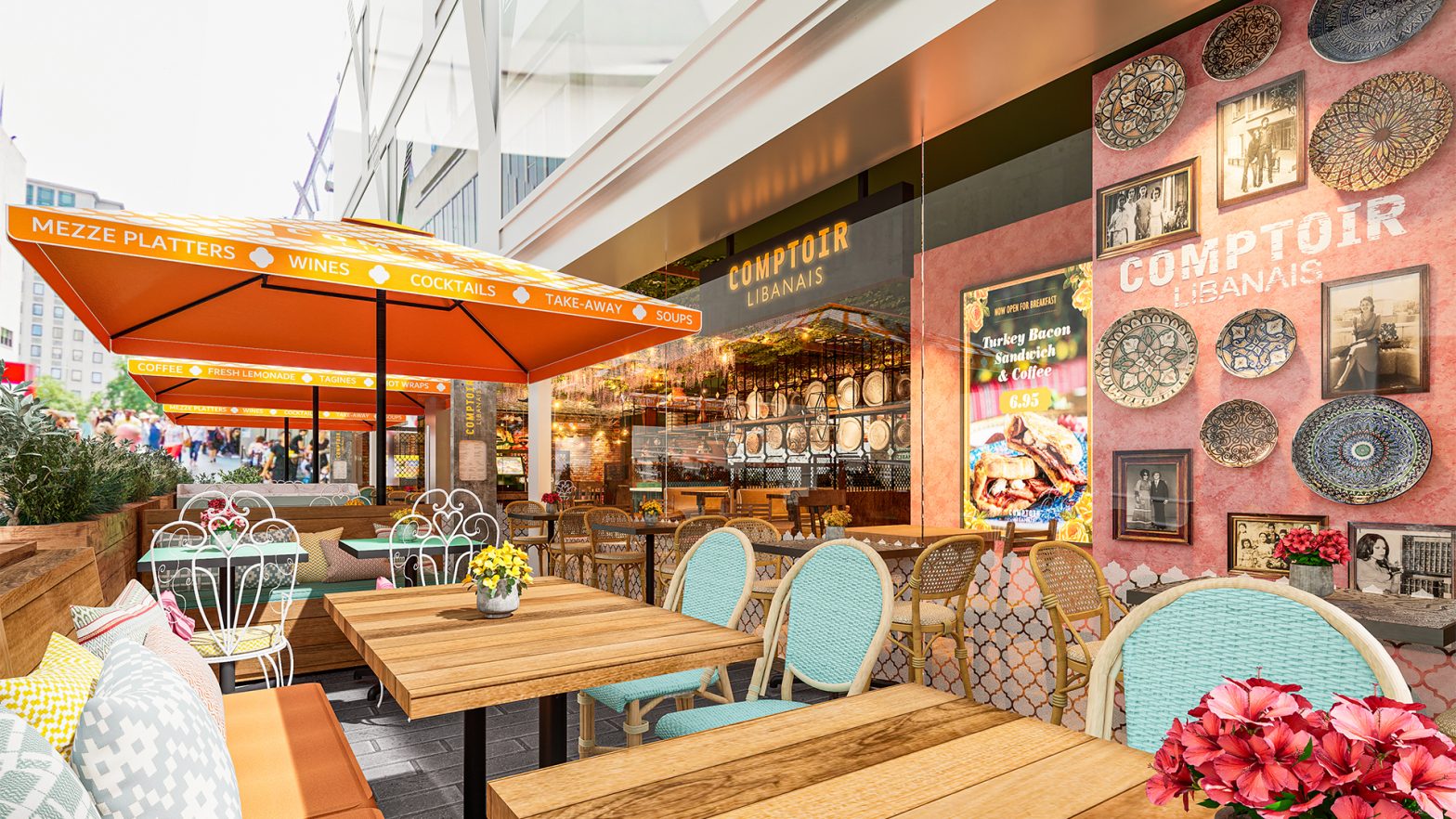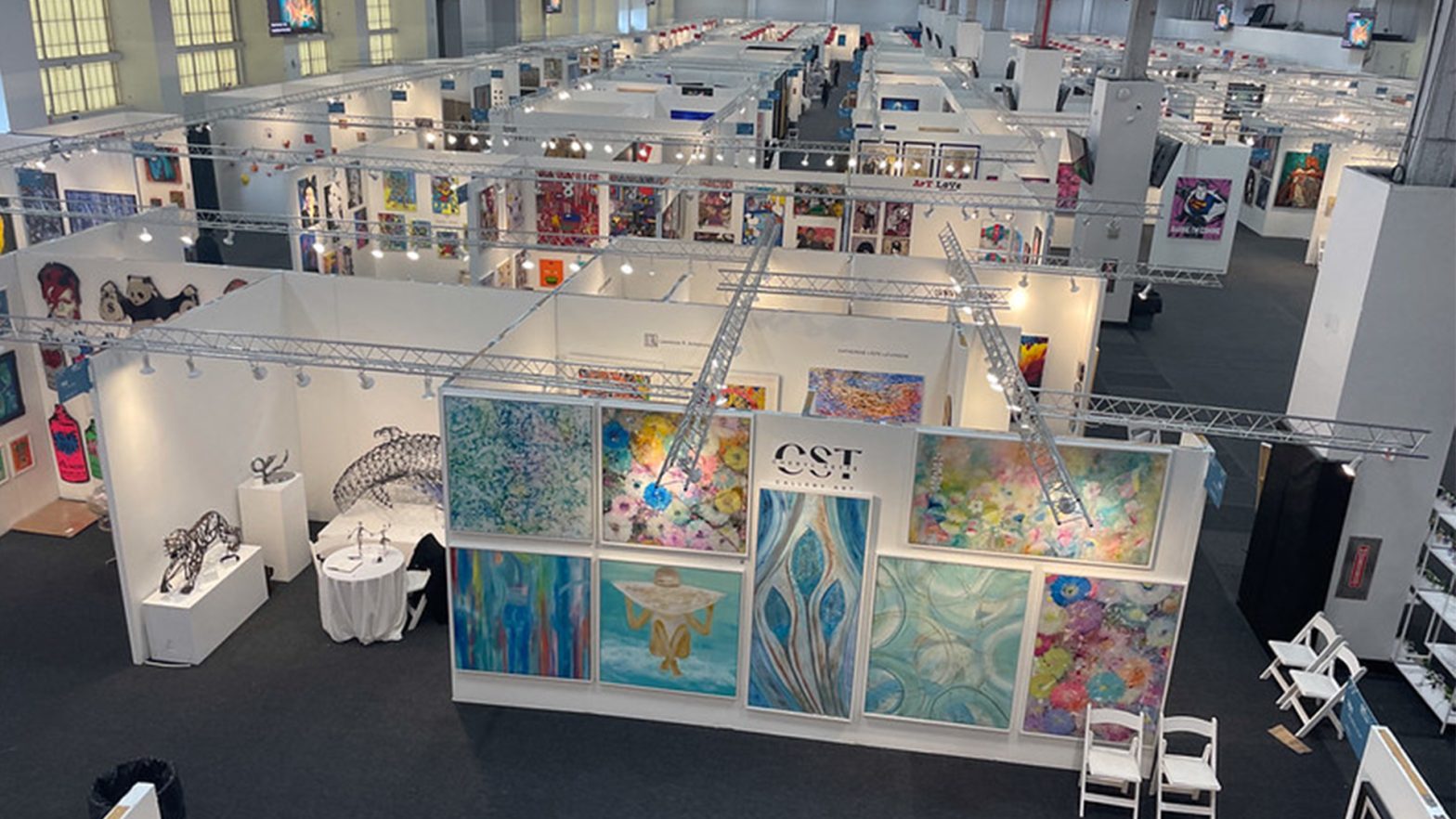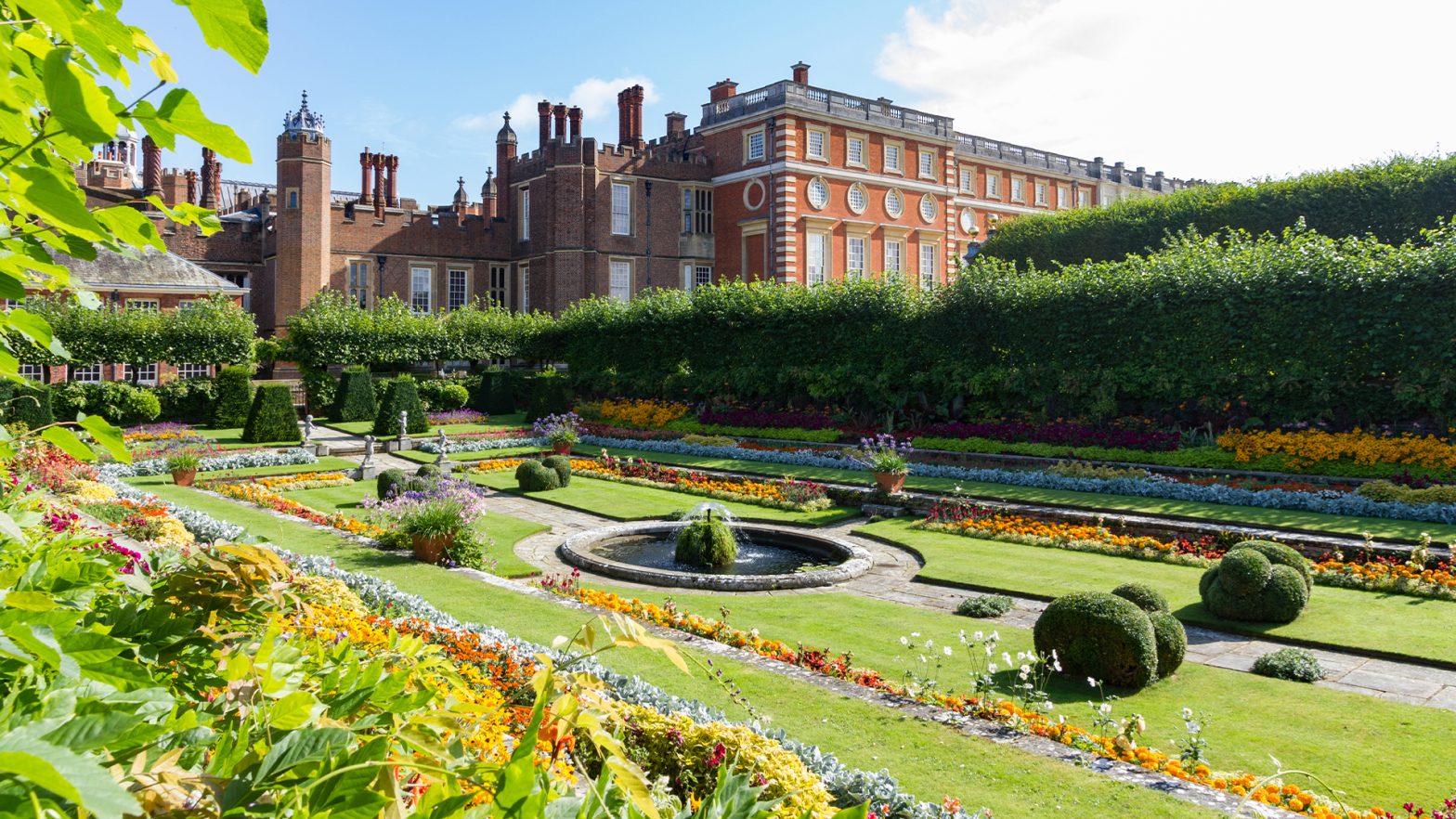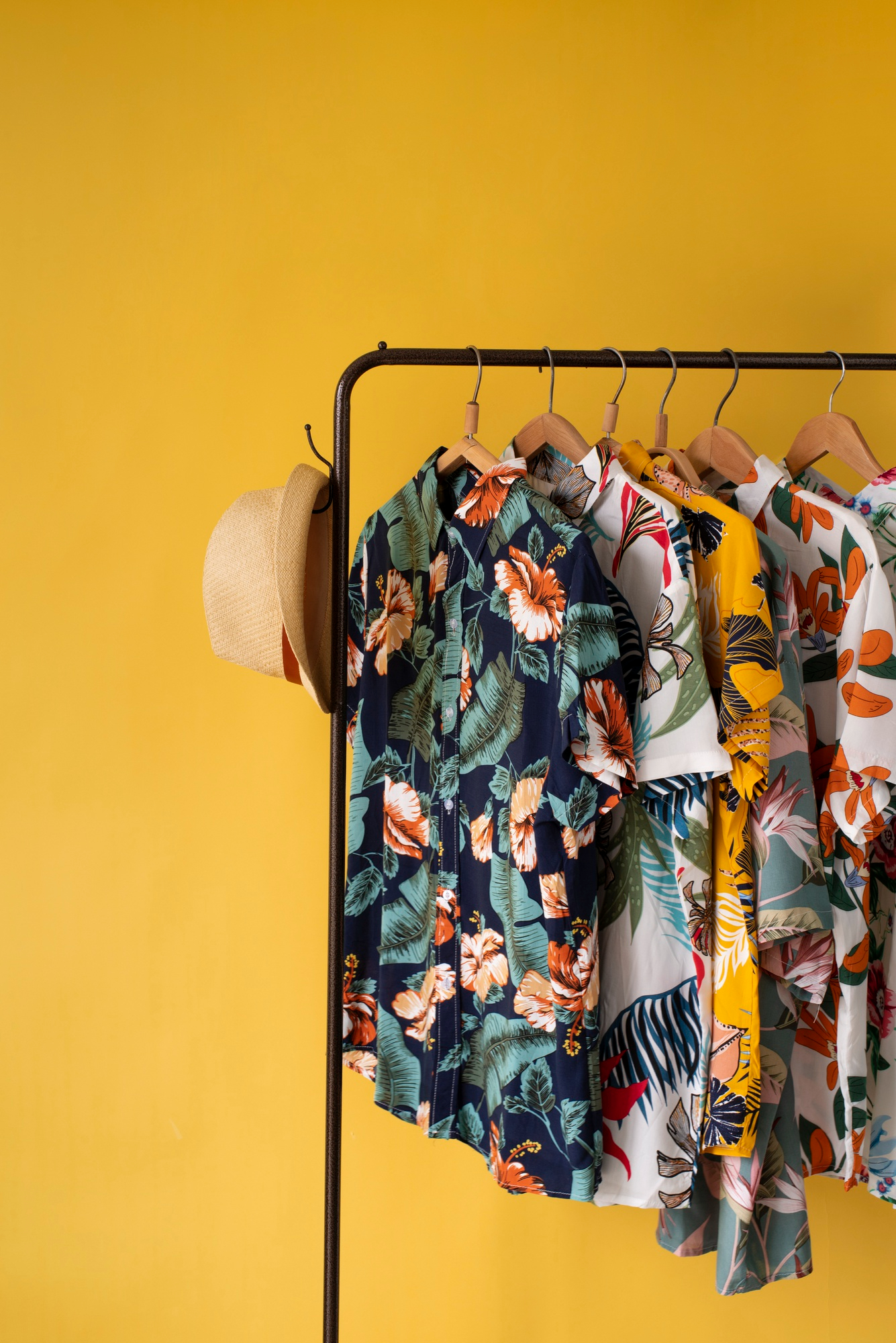The allure of luxury has mesmerized humankind for centuries. Whether it’s the anticipation of a gourmet meal, the glamour of high-end fashion, or the allure of a trip to an extravagant locale, luxury experiences are undeniably compelling. But have you ever pondered what makes these experiences so enthralling? The answer lies within the fascinating world of neuroscience.
Luxury and the Brain: The Connection
Scientific research has suggested a profound relationship between the experience of luxury and the brain’s function. Luxury, at its core, triggers a sequence of neural responses, which culminate in the feelings of pleasure, satisfaction, and well-being that we associate with such high-end experiences.
To understand this relationship, we need to delve into the brain’s reward system, primarily driven by a neurotransmitter called dopamine. Dopamine is often termed the ‘feel-good’ chemical for its crucial role in generating feelings of pleasure and reward. When we engage in activities we find enjoyable, like indulging in a luxurious experience, our brain releases dopamine, resulting in feelings of happiness and satisfaction.
Dining in Luxury: A Gourmet Effect on the Mind
Consider the experience of dining at a gourmet restaurant. The ambient atmosphere, the anticipation of a culinary delight, the meticulous presentation of the dish, each bite bursting with flavours, and the overall sensory delight—these elements work in concert to stimulate your brain. This indulgence initiates a surge of dopamine, providing a distinct sense of satisfaction and pleasure.
Moreover, the richness of flavours and textures in gourmet food can stimulate neurogenesis—the growth and development of neurons—and promote brain health. Certain ingredients commonly used in gourmet dishes, like saffron, truffles, or caviar, are rich in antioxidants and anti-inflammatory compounds, further contributing to cognitive health.
Extravagant Travel: A Journey of Neurological Wonders
Visiting extravagant locales represents another facet of luxury that significantly impacts the brain. The excitement of exploring a new destination, the awe-inspiring sight of natural or architectural beauty, and the break from routine stimulate cognitive flexibility and creativity. Such experiences can activate the brain’s ‘wanderlust network’—a complex neural network involving various brain regions associated with emotional processing, memory, and imagination.
Immersing yourself in novel environments and cultures enhances cognitive flexibility, an essential aspect of mental performance. This stimulation can result in a cognitive ‘reset,’ allowing your mind to think more freely and creatively.
High-End Fashion: The Cognitive Elegance
Donning high-end fashion can also evoke a powerful psychological response. The tactile sensation of premium fabric, the confidence instilled by a well-tailored ensemble, or the admiration of a beautifully designed accessory can create a heightened sense of self-esteem and personal value.
These positive emotions can stimulate the release of endorphins, another group of ‘feel-good’ chemicals. Additionally, wearing luxury fashion items can also influence social perceptions, leading to enhanced social interactions and interpersonal relationships, further promoting mental well-being [6].
Nootropics: Enhancing the Luxury Experience
Nootropics work by modulating brain chemistry, enhancing neuroplasticity, or increasing blood flow to the brain. Cognitive enhancers like Thesis Nootropics, are known to increase dopamine, the very neurotransmitter that plays a central role in the feelings of pleasure and satisfaction associated with luxury experiences. By boosting dopamine levels, these nootropics could potentially enhance our response to high-end experiences.
Moreover, certain nootropics, like ashwagandha or Rhodiola rosea, have adaptogenic properties, helping the body better manage stress. This means they could make it easier for individuals to relax and fully engage with luxurious experiences, further enhancing the feelings of pleasure and satisfaction derived from them.
Others, like citicoline or phosphatidylserine, have been suggested to support brain health and function. They might enhance cognitive abilities, making it easier for individuals to perceive, process, and appreciate high-end experiences fully.
Nootropics, in concert with luxurious experiences, can potentially provide a potent blend for boosting mental performance and well-being. By understanding and strategically leveraging this synergistic effect, we might uncover an exciting new approach to enhancing cognitive health and mental performance.
To Sum Up
The intersection of luxury experiences and neuroscience provides a captivating insight into how our brains perceive and process high-end experiences. By understanding the neuroscience behind these experiences, we can not only appreciate them more but also strategically engage with luxury to enhance our mental performance and well-being. However, it’s essential to remember that while these experiences can certainly contribute to mental well-being, they are just one piece of a larger wellness puzzle. Achieving a balanced lifestyle that prioritizes both mental and physical health should remain the ultimate goal.











